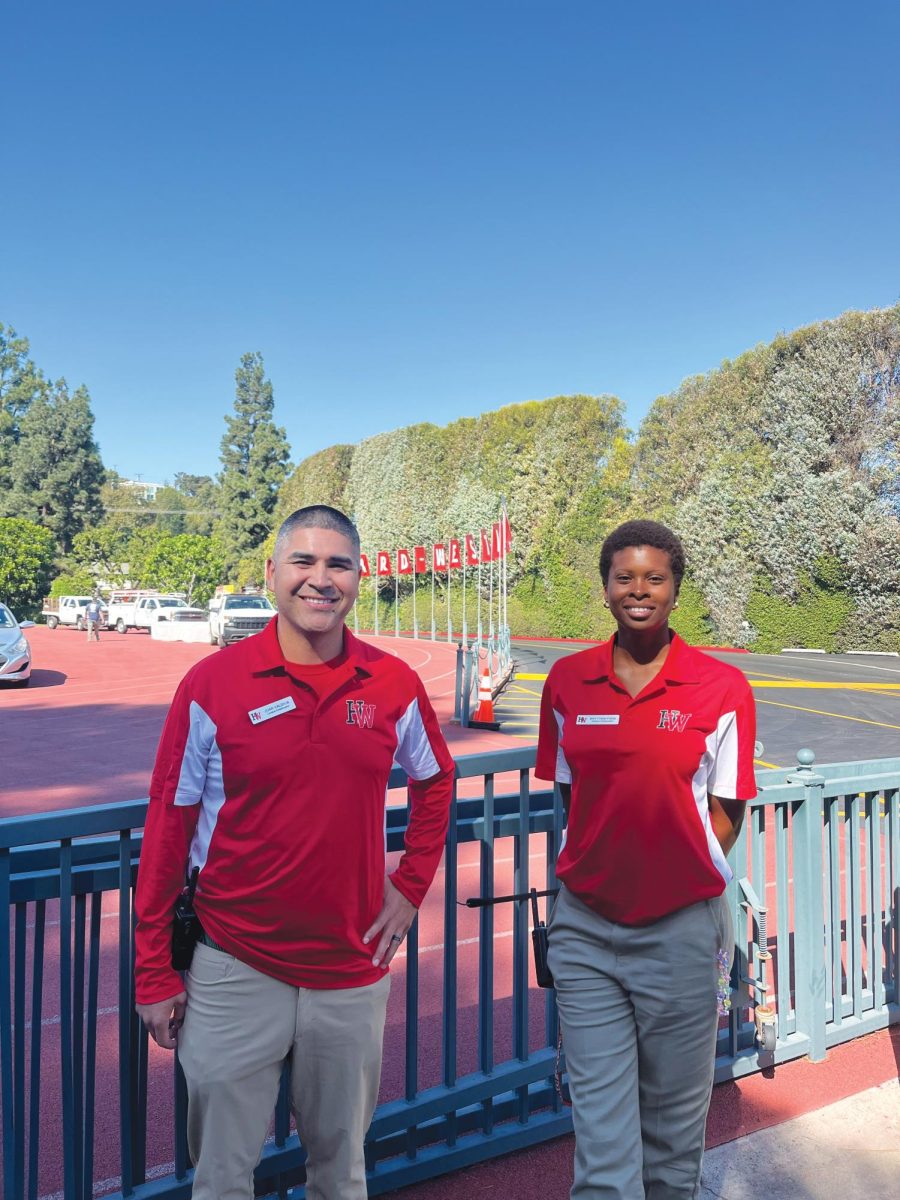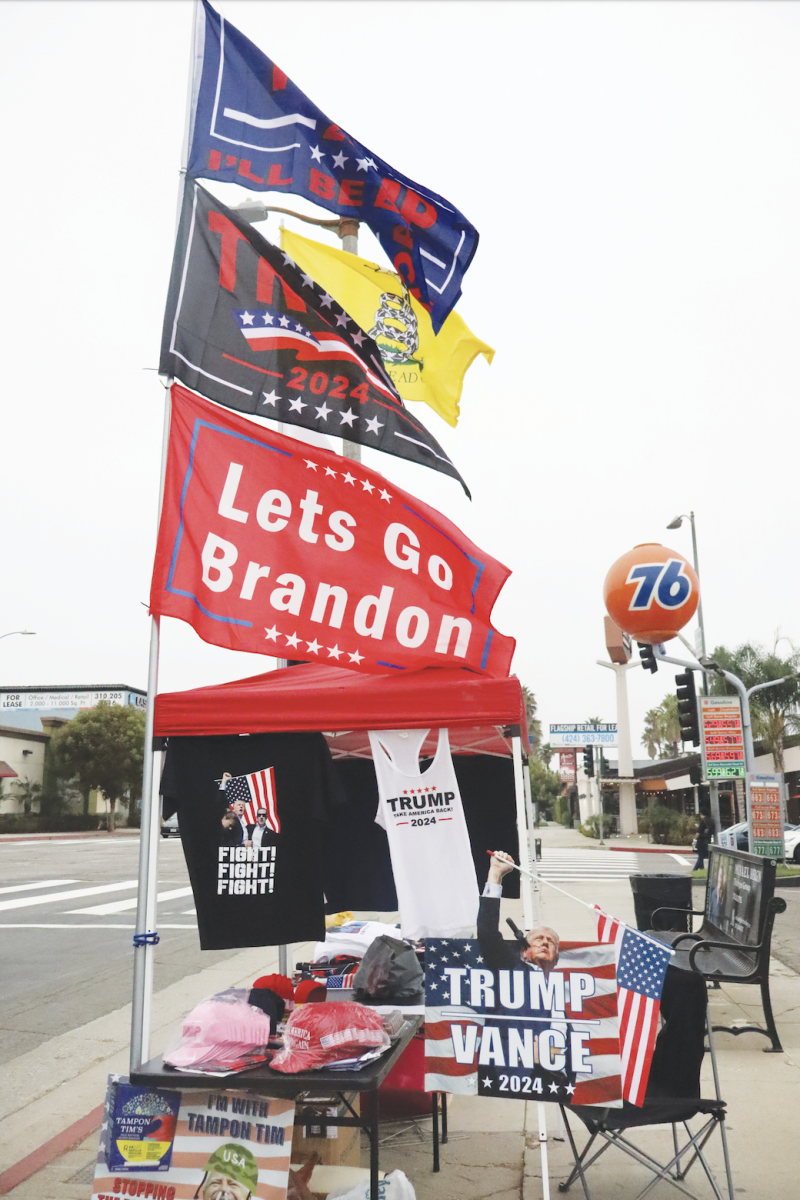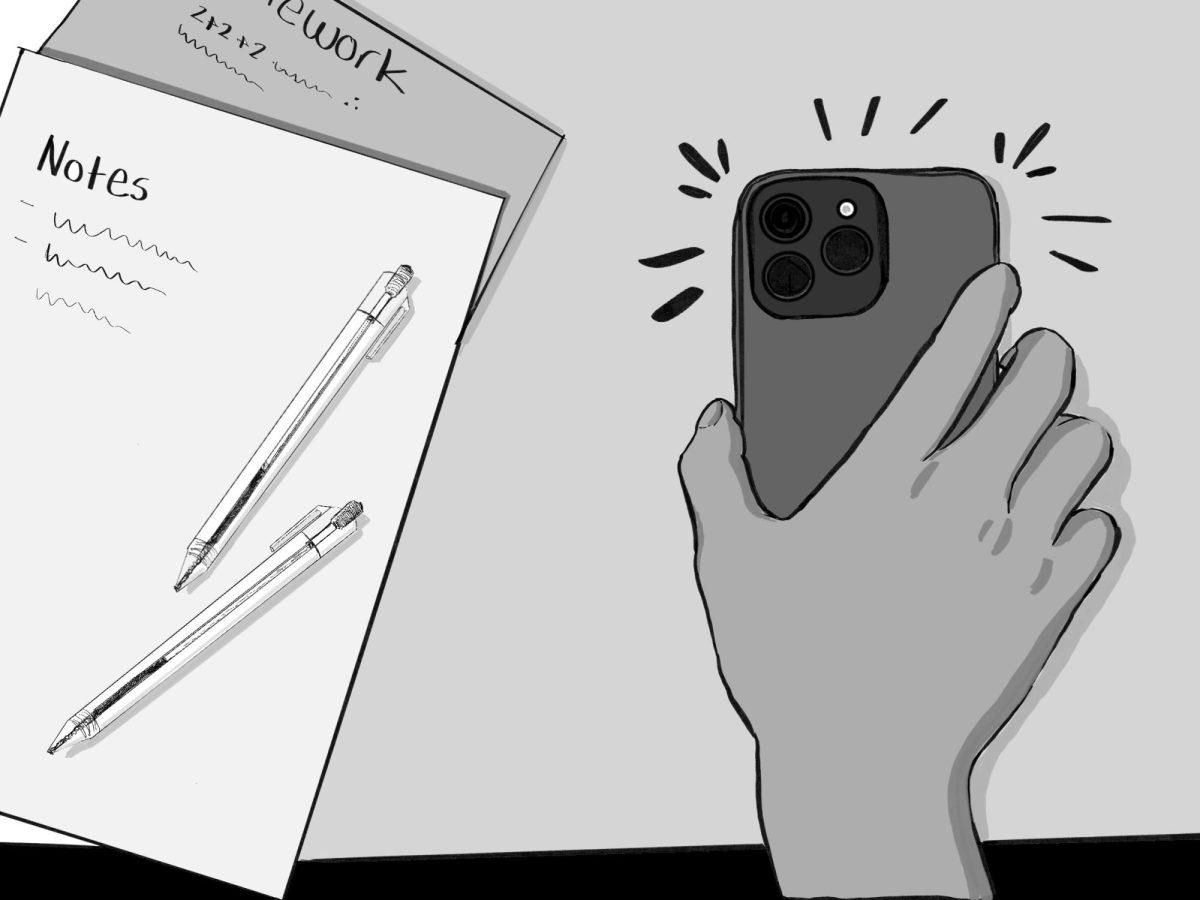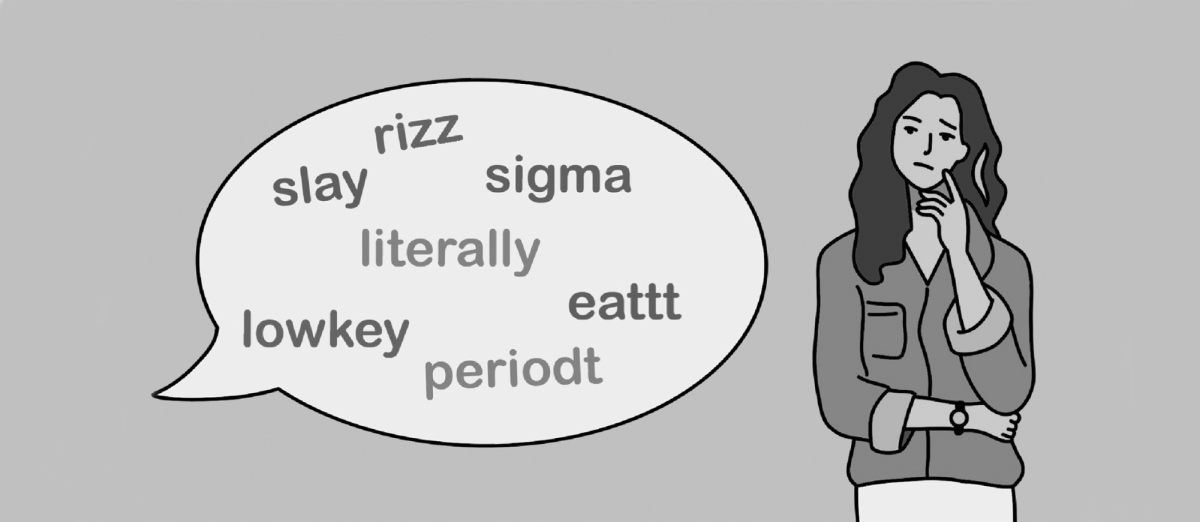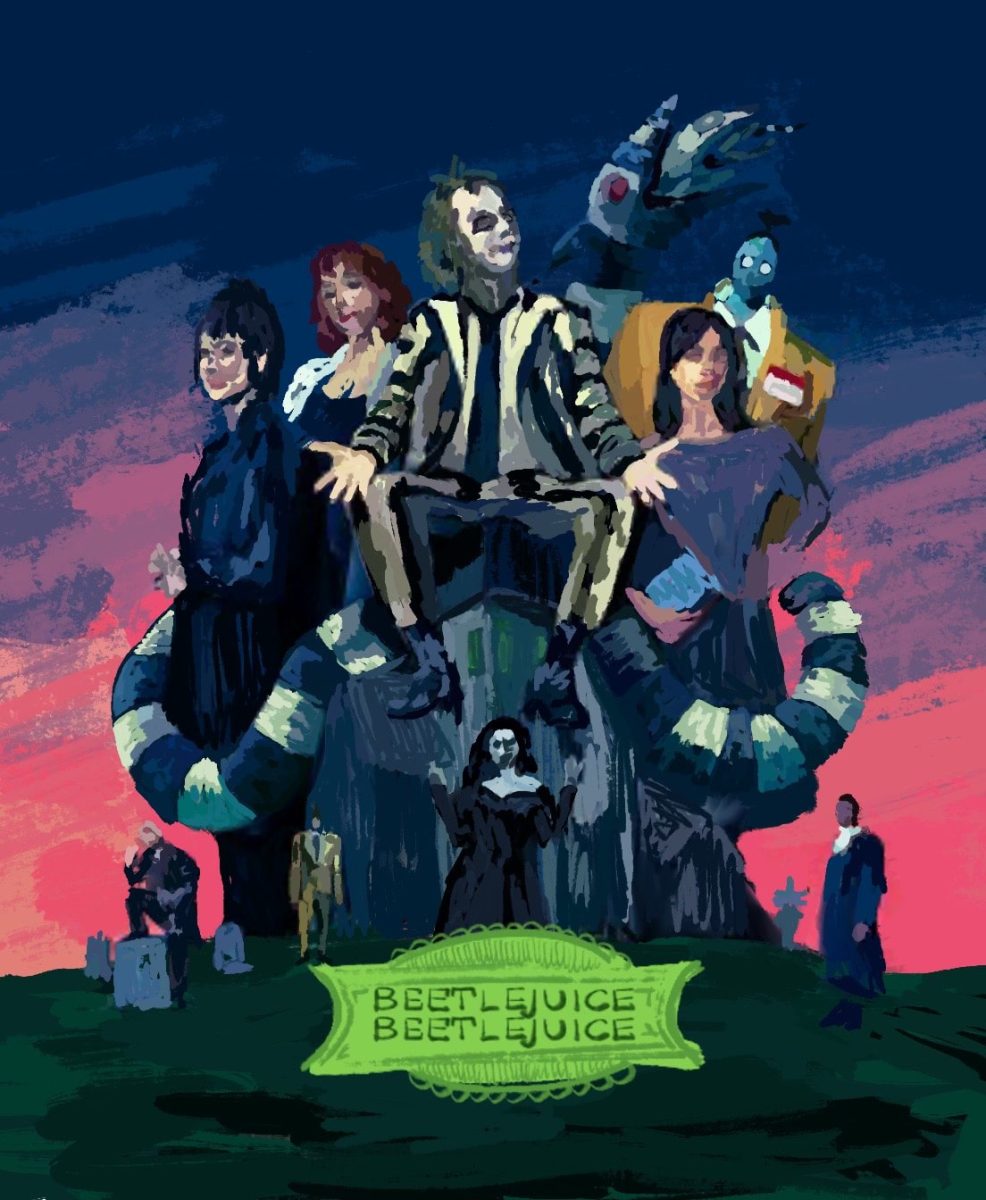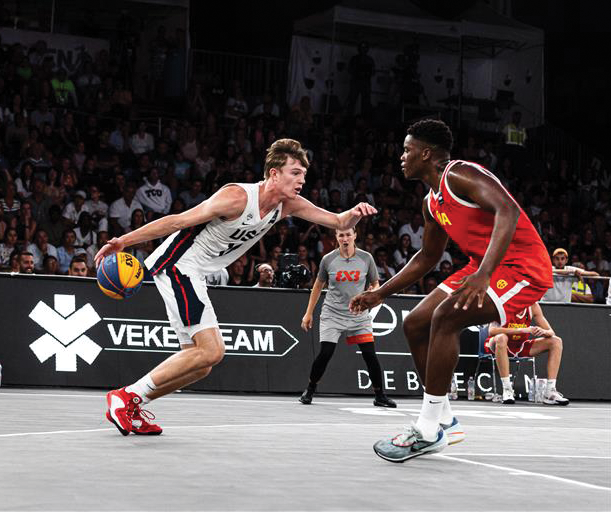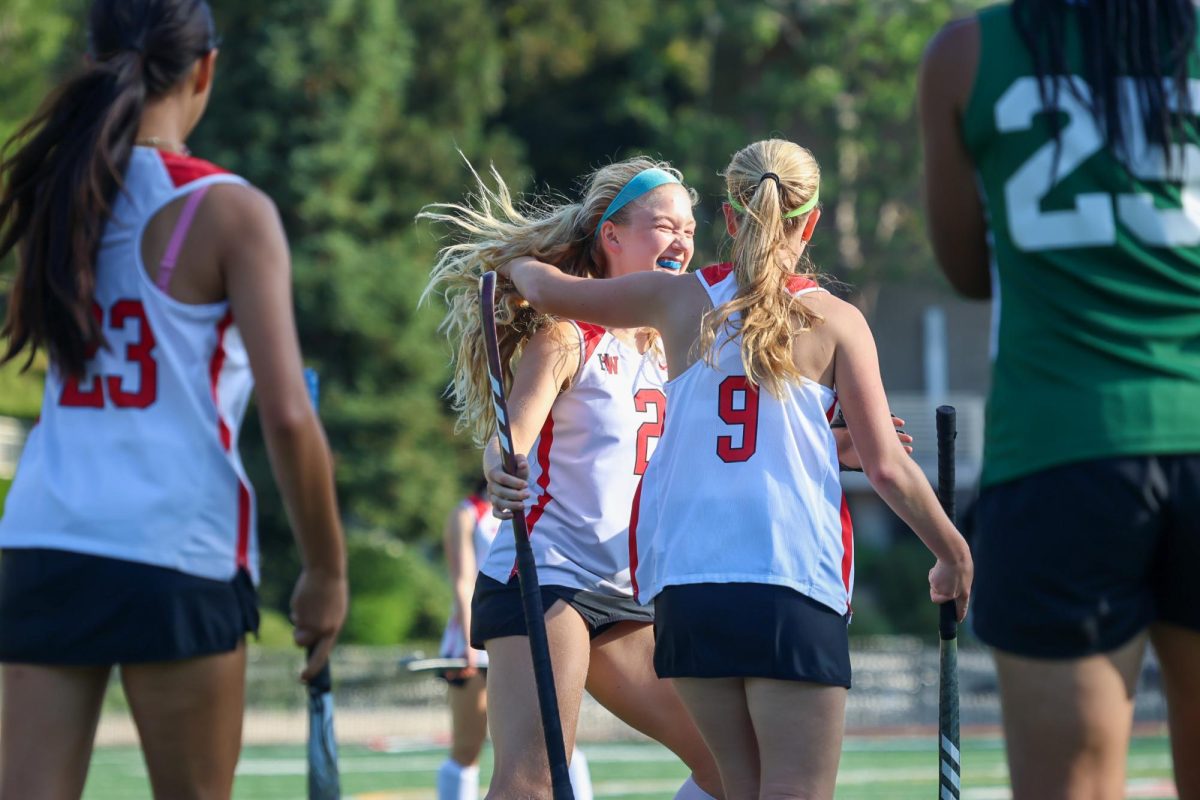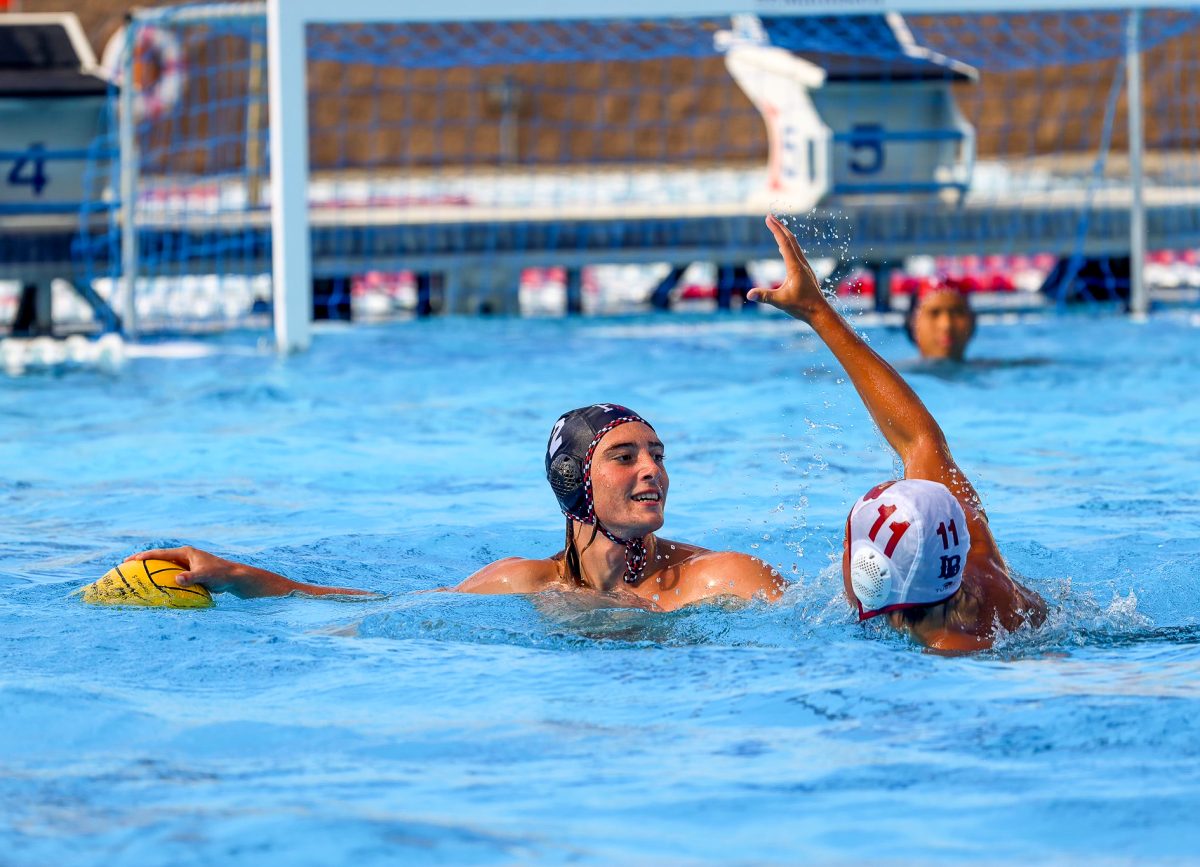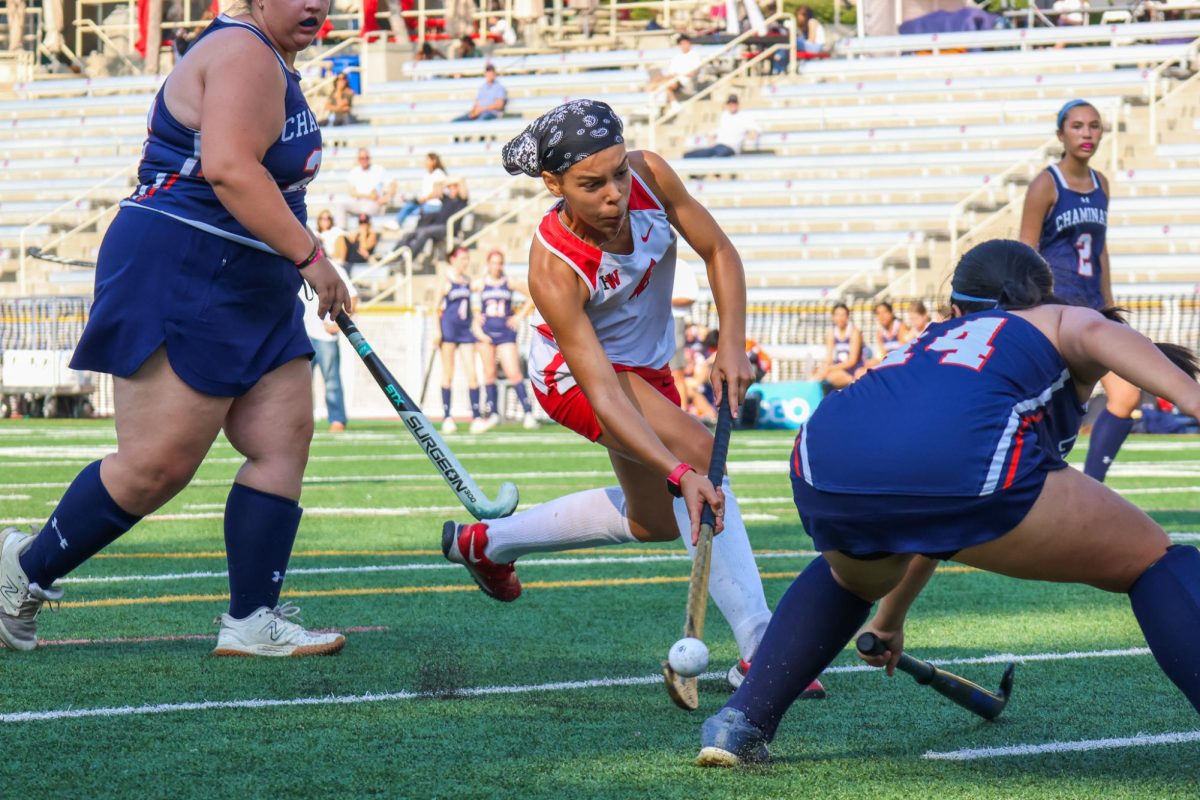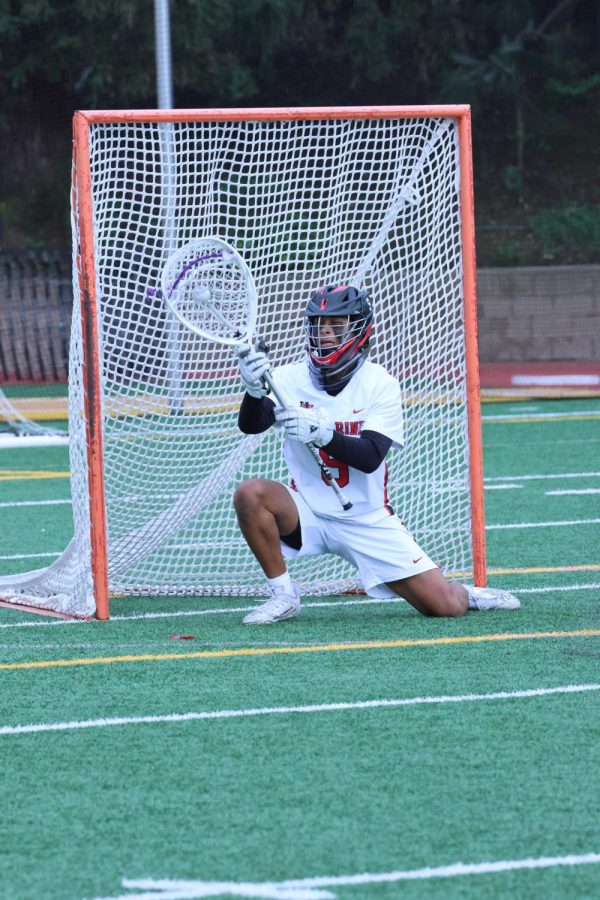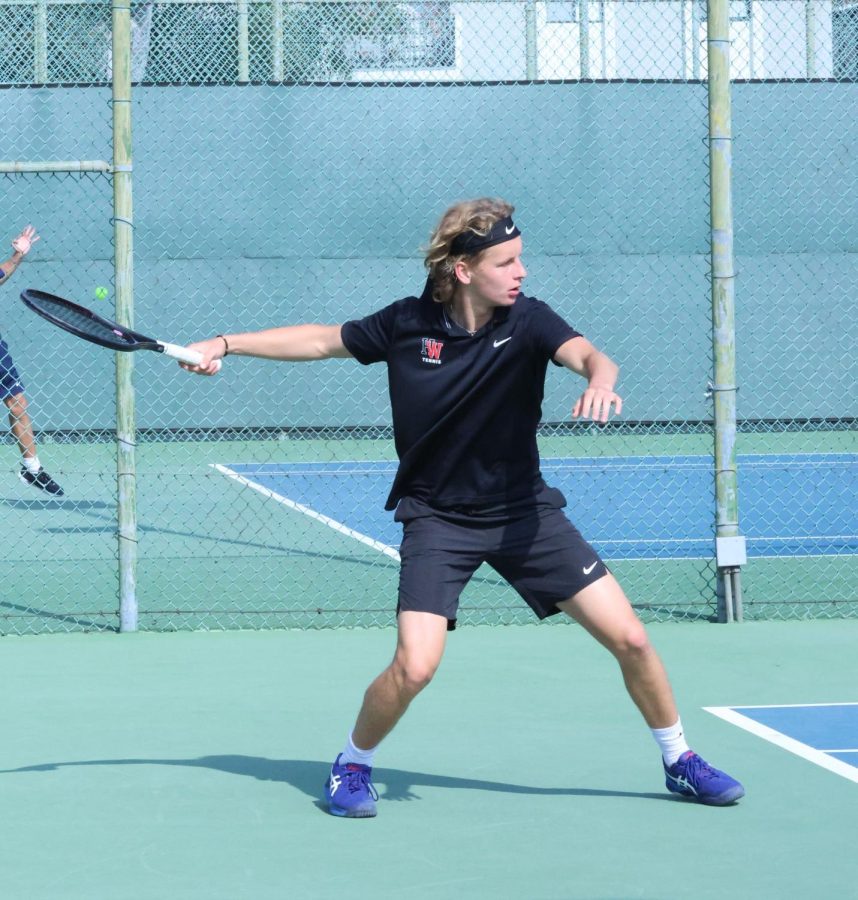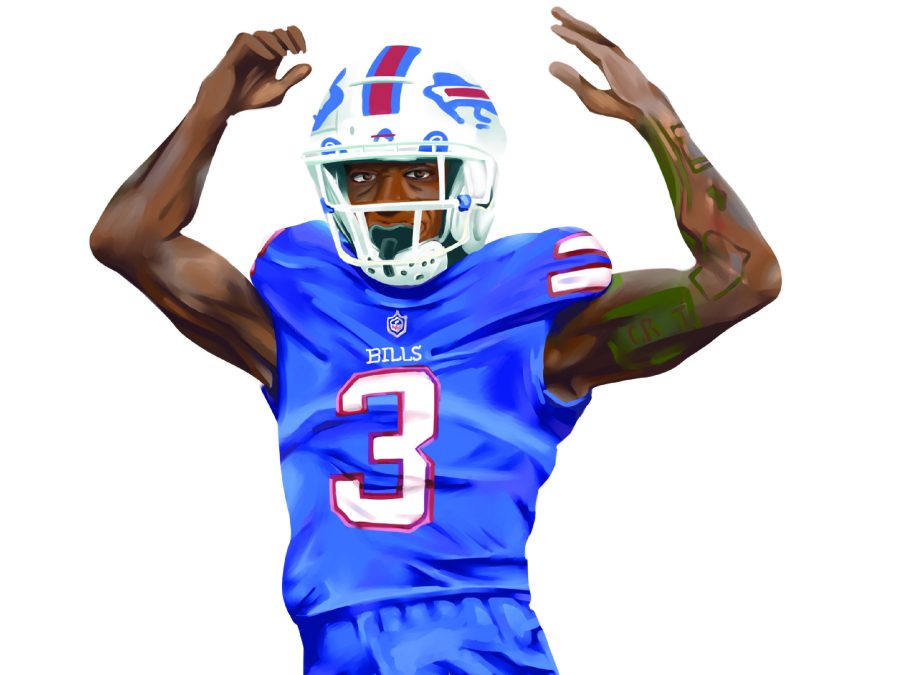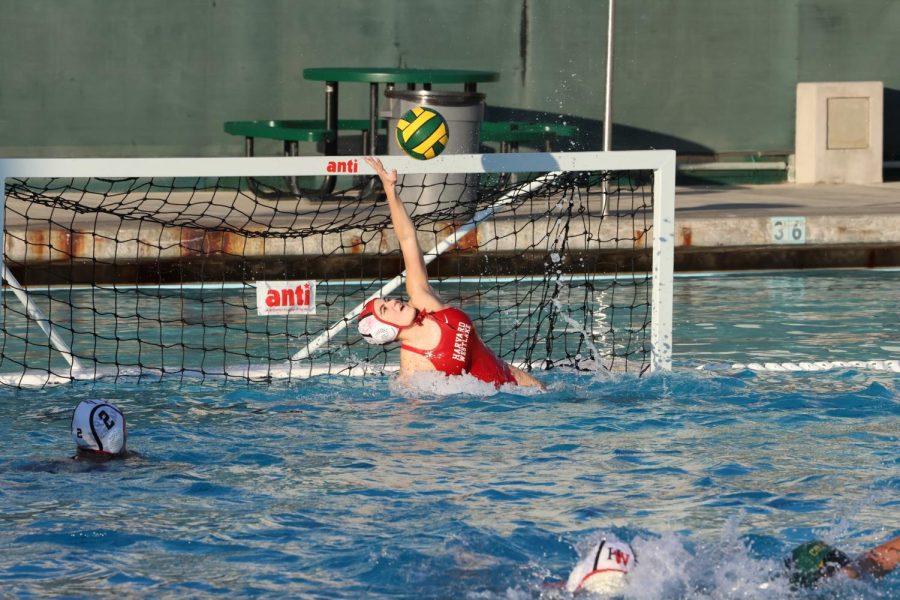Marcus* sat alone as he watched the final minutes of Super Bowl LIII from his leather sofa. It was late in the fourth quarter, and all that remained of his pregame order were the scattered bones of his buffalo wings. He had decided against attending a viewing party this year so that he could focus on the game without the annual distractions of chips, guacamole and social obligations.
Born and raised in Los Angeles, Marcus had adopted the Rams’ franchise as one of his favorites after its move in 2016. In addition, the New England Patriots were one of Marcus’ least favorite teams due to their seemingly unabated success.
Yet, as the scoreboard flashed double zeros, Marcus celebrated. The New England Patriots had won 13-3, sending the Rams home empty-handed for the off season. The Rams’ loss was the least Marcus’ worries. He had just won a bet.
“I think [sports gambling] is really fun,” Marcus said. “It’s a big part of who I am, and it makes me a bit of a more fun and exciting person.”
Marcus is not alone. In a Chronicle poll, 26 percent of 325 respondents said they have participated in some form of sports gambling, and, according to Street and Smith’s Business Journal, Americans spent 4.87 billion dollars on sports betting in 2018 alone.
With March around the corner, sports fans across the world are beginning to dig into their wallets to place wagers on their “March Madness” brackets, a common practice of filling out predictions for all 63 games in the Men’s NCAA Basketball Tournament. According to ESPN, 17.3 million brackets were filled out in 2018 through their website alone. Many participants often compete in a large pool of friends or relatives, pooling their money to reward a winner.
The structure of each pool varies. Some pools, like those on FanDuel, require an entry fee with the winner receiving all of the money, others divide up the winnings among the top finishers and most, like Yahoo and ESPN, are simply for bragging rights. Regardless of the structure of each pool, the NCAA Tournament draws thousands of fans worldwide, according to Sports Business Daily. However, Mike Thomas ’20 said that most of those fans are more interested in beating their friends than the actual game itself.
“I think sports gambling encourages competition for the wrong reasons,” Thomas said. “I think people should be competing because they love the sport or it is their job, not because they are trying to make other people money.”
According to CBS Sports, March Madness brackets are just a small percent of sports betting. With the constant increase of technology, it is becoming easier to bet on sporting events every single day, with apps like FanDuel and DraftKings hosting daily betting pools with participants across the country.
FanDuel and DraftKings allow fans to participate in daily fantasy sports without having to wait months for the next season to begin. While fantasy sports and sports gambling share many similarities, fantasy sports are not considered gambling, as most pools do not allow wagers to be placed online. Nevertheless, many participants often set aside money for the winner of the pool.
“I’ll get into different types of games and different things to bet on depending on the time of the year,” Marcus said. “For example, during football season, I’ll do FanDuel. ”
Thomas said that he thinks fantasy sports make people focus on individual players more than the team’s success. For example, in Jan. 2014, Green Bay Packers quarterback Aaron Rodgers took a knee in the fourth quarter to secure the victory for his team. However, the kneel caused Rodgers to lose two rushing yards, resulting in one less point for his owners. Outrage ensued, and many fans were eliminated from their fantasy playoffs because of Rodgers’ selfless act to win the game.
Despite the unpredictability of fantasy sports, Marcus believes that the positives about sports gambling outweigh the negatives.
“I would argue that websites such as FanDuel incentivize people to watch games and improve viewership in games in which people would otherwise be uninterested in,” Marcus said.
FanDuel requires all participants to be over the age of 18 to create an account. However, the system has many loopholes, and underage betters often find a way through. Yet, the program only requires one’s age, email and credit card. In addition, the app only asks for verification until the participant wants to withdraw money.
Daniel* said that he prefers daily betting to fantasy sports.
“FanDuel was very fun,” Daniel said. “I enjoyed it much more than regular fantasy football due to its flexibility.”
Last year, Daniel said he stopped playing FanDuel, as his account was shut down when he couldn’t verify his account. Daniel said he was forced to forfeit the remaining funds in his account.
While underage gambling remains illegal, sports gambling has been legalized in seven states, with many others in the process of legislation. On May 14, 2018, the Supreme Court ruled in favor of the State of New Jersey, overturning the 1992 Professional and Amateur Sports Protection Act and enabled states to allow sports gambling.
Following the Supreme Court decision, five states have legalized sports gambling, joining Nevada and New Jersey. In addition, since the Supreme Court decision, 29 states, including California, have introduced bills regarding the legalization of sports gambling.
At school, gambling is strictly prohibited. The 2018-2019 Upper School handbook states that “friendly gambling for athletic contests or card games is also prohibited,” banning students from pooling their money in fantasy sports and March Madness competitions. Despite the ban, 46 percent of students believe that they should be able to participate in sports gambling.
“I don’t think it is fair to ban sports pools at school,” Marcus said. “I think it’s a really fun thing and I think it’s a good way to make friends.”
As more and more money is invested in sports, Marcus said that fans are going to have to adjust to the growing industry of gambling, whether they like it or not.
“Sports betting is on the rise,” Marcus said. “Critics are just going to have to deal with it.”
*Names have been changed



